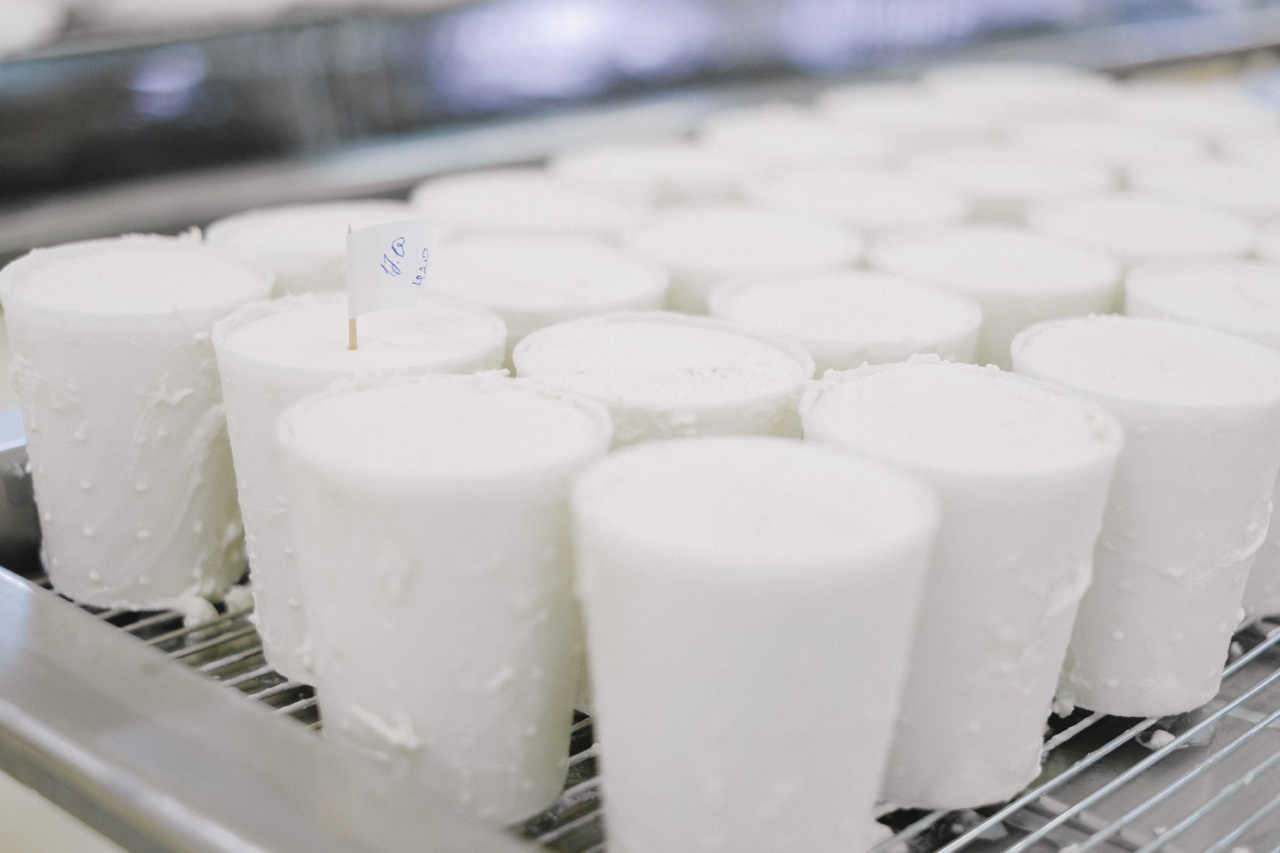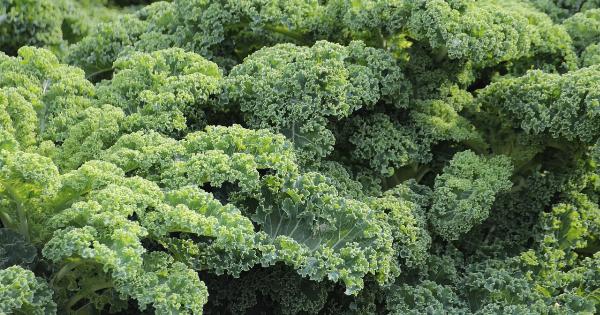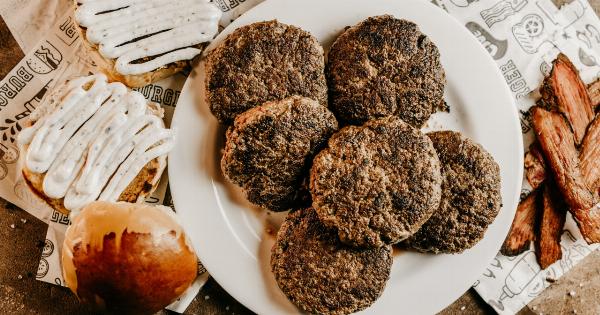For breastfeeding mothers, ensuring adequate milk production is a top priority. Although there are medications available to help increase milk supply, many moms prefer natural methods.
One of the most effective ways to increase milk production is by consuming certain foods. In this ultimate guide, we will explore the best foods to eat to increase milk production.
Oatmeal
Oatmeal is a popular choice for breastfeeding moms due to its high fiber content and ability to increase milk supply. It contains compounds called beta-glucans that stimulate the production of prolactin, the hormone responsible for milk production.
Eating oatmeal for breakfast every day can help boost milk production, and adding nuts and fruits to it can turn it into a delicious and nutritious meal.
Brewer’s Yeast
Brewer’s yeast is a rich source of B-complex vitamins and minerals that are vital for milk production. It contains iron, magnesium, zinc, and potassium, which help nourish the mammary glands and increase milk production.
Brewer’s yeast can be sprinkled over salads, added to smoothies, or mixed with yogurt for a nutritious snack.
Fenugreek
Fenugreek is an herb that has long been used to promote milk supply in nursing mothers. It contains compounds that are similar to estrogen and can help increase prolactin levels.
Consuming fenugreek seeds or supplements can help boost milk supply, but it should be used cautiously as high doses can cause digestive issues in some people.
Fennel
Fennel is another herb that can help promote milk production in breastfeeding mothers. It contains phytoestrogens, which mimic the effects of estrogen and can help increase milk supply.
Fennel can be added to soups, stews, salads, and even desserts to provide a delicious flavor and an added nutritional boost.
Garlic
Garlic is a potent superfood that has been used for centuries to treat a variety of health conditions, including low milk supply in nursing mothers.
It contains a sulfur compound called allicin that can help stimulate the production of prolactin and increase milk supply. Adding garlic to soups, stews, and stir-fries can provide a flavorful boost to your meals while promoting milk production.
Nuts and Seeds
Nuts and seeds are a rich source of healthy fats, protein, and vitamins that are essential for milk production.
Almonds, cashews, and sunflower seeds are particularly high in calcium, magnesium, and potassium, which are important minerals for nursing mothers. Snacking on nuts and seeds can help keep energy levels up and promote milk supply throughout the day.
Green Leafy Vegetables
Green leafy vegetables like spinach, kale, and collard greens are highly nutritious foods that are rich in iron, calcium, and vitamin K. They also contain phytoestrogens that can stimulate milk production and increase milk supply.
Adding green leafy vegetables to salads, soups, and smoothies can help improve milk production and provide a variety of health benefits for nursing mothers.
Sesame Seeds
Sesame seeds are a rich source of calcium, protein, and healthy fats that can help increase milk production in breastfeeding mothers.
They contain lignans, which are plant compounds that can help regulate hormonal imbalances that can lead to low milk supply. Adding sesame seeds to hummus, salad dressings, and stir-fries can provide a delicious and nutritious boost to your meals.
Lactation Cookies
Lactation cookies are a popular snack for breastfeeding moms that can help increase milk supply. They are usually made with oats, brewer’s yeast, and flaxseed – all of which are known to promote milk production.
Lactation cookies can be purchased from health food stores or made at home using a variety of recipes available online.
Water
Water is essential for milk production, as the body needs to be hydrated to produce milk. Nursing mothers should aim to drink at least 8-10 glasses of water a day, and more if they are sweating excessively or living in a hot climate.
Drinking water can also help keep energy levels up and prevent dehydration and fatigue.
Conclusion
In conclusion, incorporating the above foods into your diet can do wonders to promote milk production and increase milk supply. However, it is important to note that every woman’s body is different and what works for one person may not work for another.
If you are struggling with low milk supply, it is best to consult with a lactation consultant or healthcare provider to determine the best course of action.






























